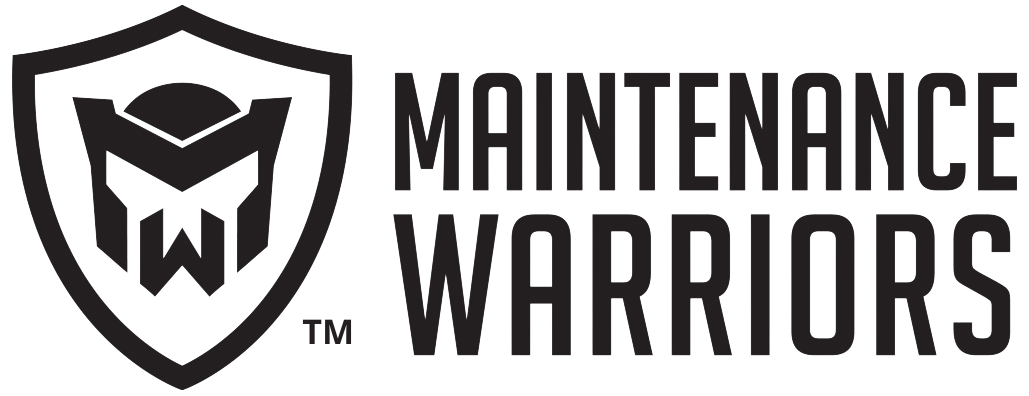Running a commercial cleaning operation in Texas involves much more than just maintaining spotless facilities. State and federal regulations set high standards for cleaning practices to protect public health and ensure safe environments. Understanding and following these Texas commercial cleaning regulations is fundamental for any cleaning business operating in the state, as non-compliance can result in significant penalties and potential business disruption.
Understanding Basic Requirements
The Texas Department of State Health Services has established clear guidelines that govern commercial cleaning operations throughout the state. At its core, these regulations focus on protecting both cleaning staff and facility occupants. Companies must maintain proper chemical handling procedures, implement appropriate safety protocols, and ensure proper waste management.
The regulations also emphasize indoor air quality management and water safety standards. These requirements aren’t just bureaucratic hurdles – they’re essential safeguards that protect everyone involved in the cleaning process. Regular monitoring and assessment of these basic requirements help maintain high standards across all cleaning operations.
Safety Standards for Different Facilities
Not all facilities are created equal when it comes to cleaning requirements. Health and safety compliance in Texas varies significantly based on the type of facility being cleaned. Healthcare facilities, for instance, demand stricter protocols compared to standard office buildings. The specific requirements often depend on factors such as facility usage, occupancy levels, and potential exposure to contaminants.
Some of the most critical requirements include:
- Using EPA-registered disinfectants appropriate for specific facility types
- Following cleaning schedules based on area usage and traffic
- Maintaining detailed cleaning logs for accountability
- Implementing contamination prevention measures
Chemical Safety and Storage
Chemical handling forms a cornerstone of safe cleaning operations. According to OSHA guidelines, proper chemical management isn’t optional – it’s mandatory. All cleaning products must have readily available Safety Data Sheets, and containers need clear, accurate labels. Storage areas require proper ventilation, and staff must receive regular training on handling procedures. This includes understanding chemical reactions, proper dilution ratios, and emergency response procedures in case of spills or exposure.
Healthcare Facility Considerations
Healthcare facility cleaning regulations in Texas stand apart from standard commercial cleaning requirements. The stakes are higher when dealing with medical environments, where proper sanitation directly impacts patient health. These facilities require enhanced disinfection protocols and specialized cleaning agents approved for medical settings. Regular testing ensures cleaning effectiveness, while detailed documentation proves compliance with state standards.
Infection control remains a top priority in healthcare settings. Cleaning staff must understand the principles of cross-contamination prevention and follow strict protocols for handling medical waste. This includes using appropriate personal protective equipment and following specific cleaning sequences to prevent the spread of pathogens.
Post-Construction Cleaning Protocols
When it comes to post-construction cleaning laws in Texas, the focus extends beyond typical cleaning duties. Construction sites present unique challenges that require specific attention. Air quality testing becomes essential after cleaning is complete, and HEPA filtration systems play a vital role in maintaining safe breathing environments. The proper disposal of construction debris demands careful attention to state regulations.
Dust control measures take center stage in post-construction cleaning. This includes removing fine particulate matter that can affect air quality and cause respiratory issues. Special attention must be paid to HVAC systems and air ducts to ensure they’re free from construction debris.
Environmental Responsibility
Texas cleaning safety guidelines increasingly emphasize environmental responsibility. Water conservation has become a priority, especially given the state’s climate challenges. Companies must properly dispose of cleaning wastewater and minimize chemical waste. Many facilities now require the use of environmentally friendly cleaning products to reduce their environmental impact while maintaining high cleaning standards.
Smart resource management extends to equipment selection and maintenance. Energy-efficient cleaning machines and tools help reduce environmental impact while often providing cost savings in the long run.
Documentation Requirements
Proper record-keeping serves as proof of compliance with state regulations. Companies must maintain several types of documentation, including cleaning schedules, training records, chemical inventories, and equipment maintenance logs. These records not only demonstrate compliance but also help identify areas for improvement in cleaning operations.
Digital record-keeping systems have become increasingly common, offering better organization and easier access to important documentation. This helps companies respond quickly to regulatory inquiries and maintain consistent cleaning standards.
Quality Assurance
Regular inspections and audits help maintain high cleaning standards. Monthly safety checks, equipment inspections, and annual compliance reviews ensure that cleaning operations meet or exceed state requirements. These evaluations help identify potential issues before they become serious problems and maintain consistent service quality across all cleaning operations.
Work With Industry Leaders
For facilities seeking reliable commercial cleaning services that align with Texas commercial cleaning regulations, Maintenance Warriors stands ready to help. We offer a complete range of services, including:
- Office building cleaning and maintenance
- Healthcare facility sanitization
- Commercial kitchen cleaning
- Post-construction cleanup
Contact us today to learn how we can help maintain your facility’s cleanliness while ensuring full compliance with state regulations.

